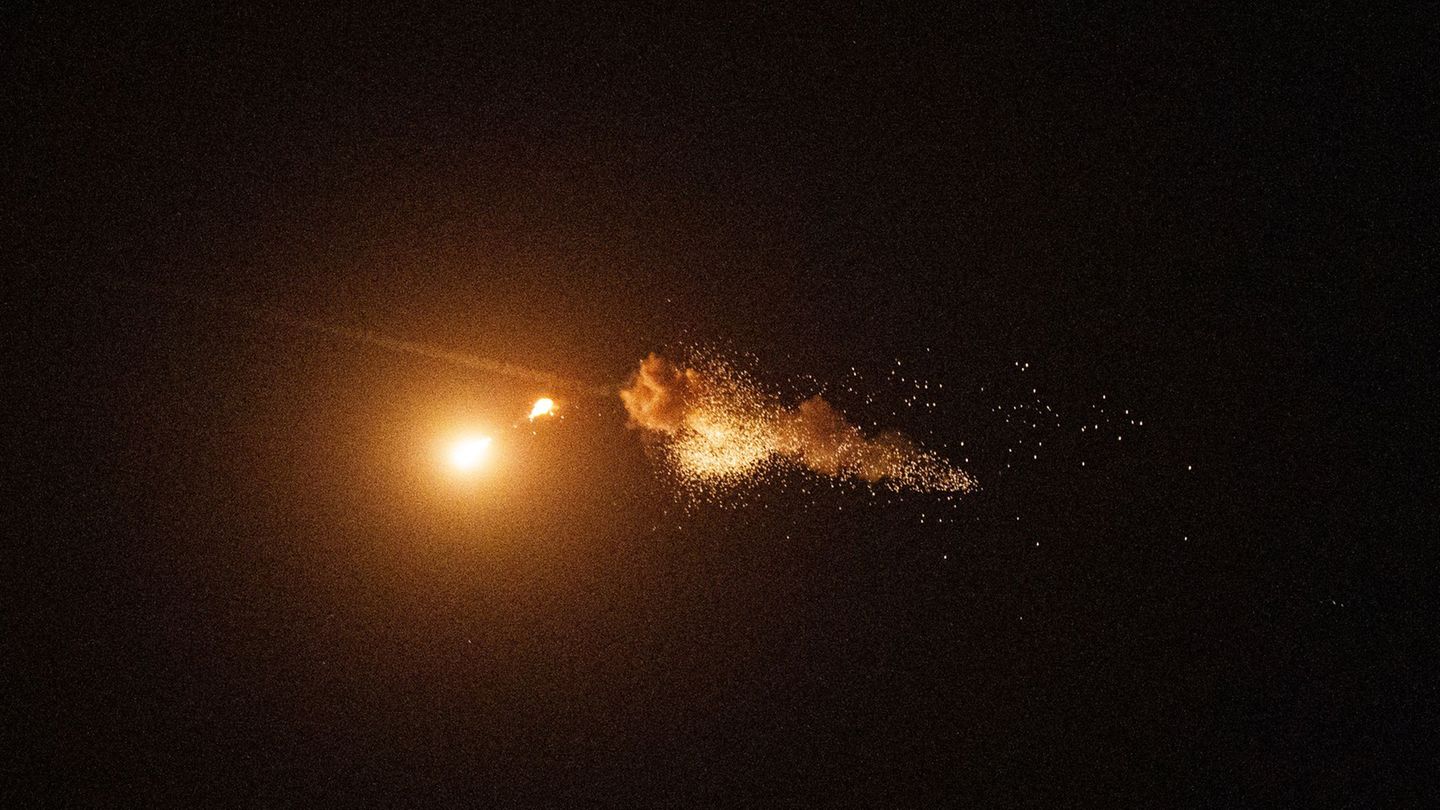The legalization of cannabis in Uruguay It has not had an impact on the illegal market, and young people continue to choose consumption, according to a report by the United Nations Organization (UN).
In the country, the use of cannabis has been legal for almost 10 years, and marijuana is available in a large number of pharmacies and authorized points of sale. Even recently, the Institute for the Regulation and Control of Cannabis (Ircca) enabled the circulation of a new variant with a higher content of THC, the psychoactive element of the plant.
However, according to a report from the International Narcotics Control Board (INCB)the body within the UN that oversees compliance with the international drug conventions, measures linked to the legalization of cannabis have failed to deter young people from consuming, and illicit markets persist.
“The data shows that the illegal offer of cannabis continues at high levels in all jurisdictions in the legalization process, reaching 40% in Canada, almost 50% in Uruguay and even 75% in California”, indicated the INCB from its last annual report.
Likewise, the control body pointed out that the Single Convention on Narcotic Drugs of 1961 “classified cannabis as highly addictive and susceptible to abuse, and that any non-medical or scientific use of cannabis contravenes the Convention”.
“The most worrying effect of the legalization of cannabis is the probability of increased consumptionespecially among young people”, he remarked.
Uruguay in the UN report
In addition to the general analysis of the cannabis legalization situation, the INCB report mentions on several occasions the country, which became the first in the world to regulate the production and commercialization of recreational cannabis in 2013, under state control.
However, “the impact of legalization is still difficult to assess because the implementation of law 19,172 was very slow after its enactment in 2013,” the study concluded.
It also points out that in 2022, “more than 69,400 people accessed the regulated cannabis market” in Uruguay through legal channels: pharmacies, self-cultivation and membership clubs, but stresses that this figure is “a relatively small part of all those people who consume cannabis in the country.”
The INCB also said that in Uruguay “the demand for illegal supply still persists.” And he pointed out that “the foreign they buy as much cannabis as Uruguayans, according to observers.” This despite the fact that local regulations only allow consumption for Uruguayans.
In addition, it was argued that “the number of young cannabis users apparently it also increased significantly after the law went into effect.” Among students ages 13 to 17, “awareness of the risks has decreased since its legalization,” and “about 16% of people who use cannabis showed signs of problematic use,” the report added.
In this regard, the VIII National Survey on Drug Consumption in High School Students shows that the consumption of marijuana reached 2 out of 10 students in 2018, a proportion that remained stable since 2014, and prior to the application of the law that regulates the cannabis market.
Source: Ambito




